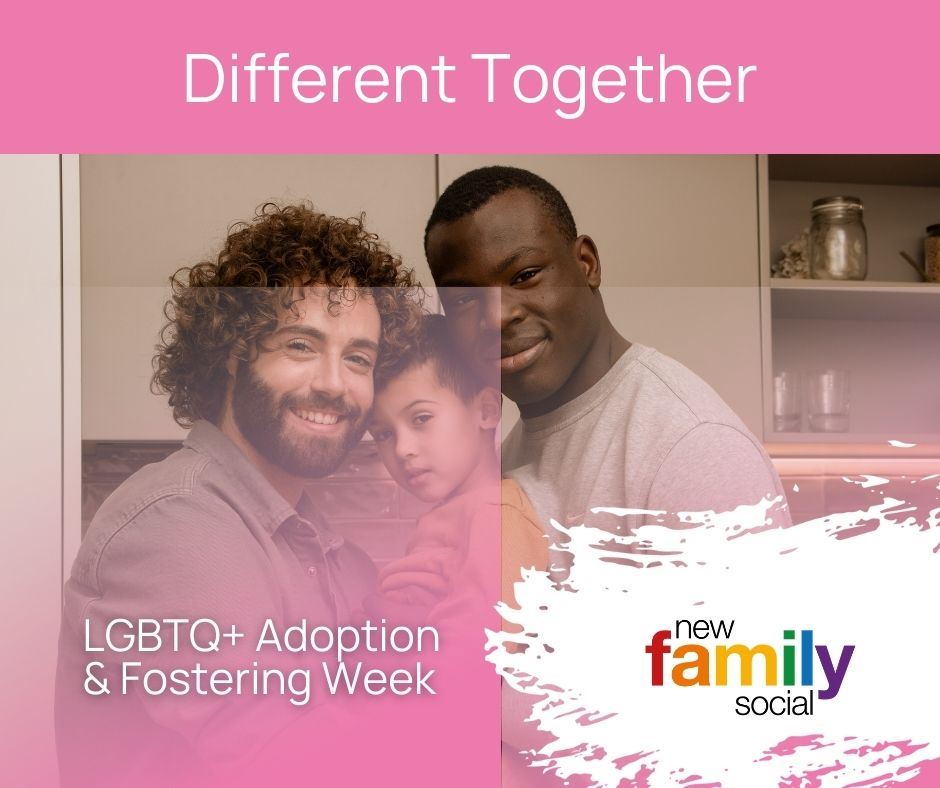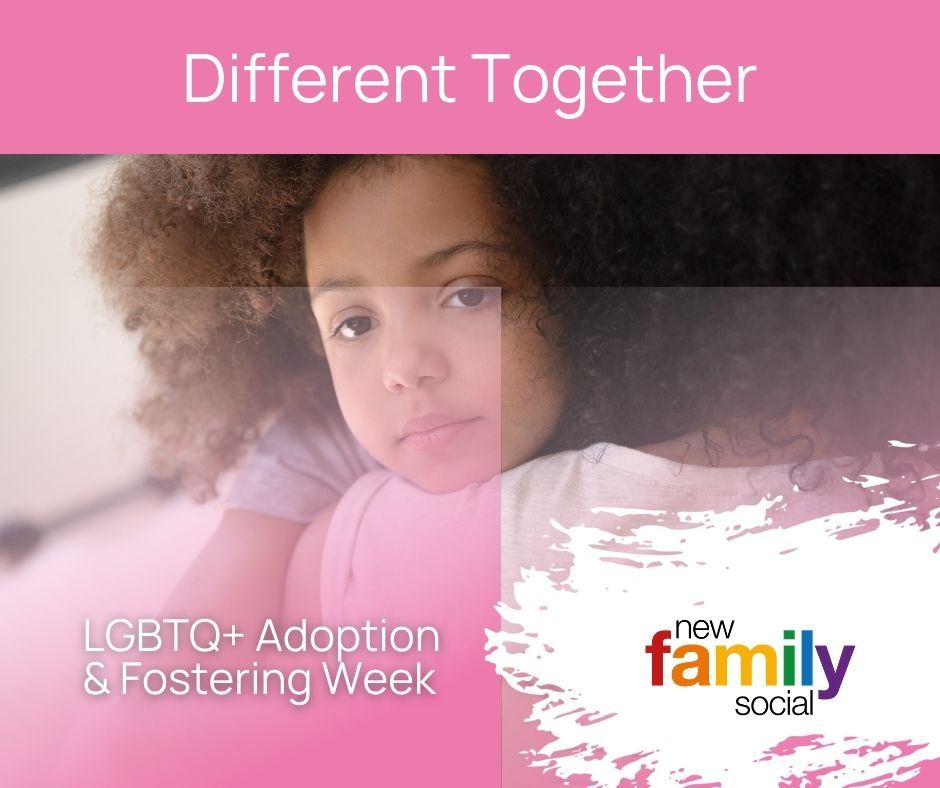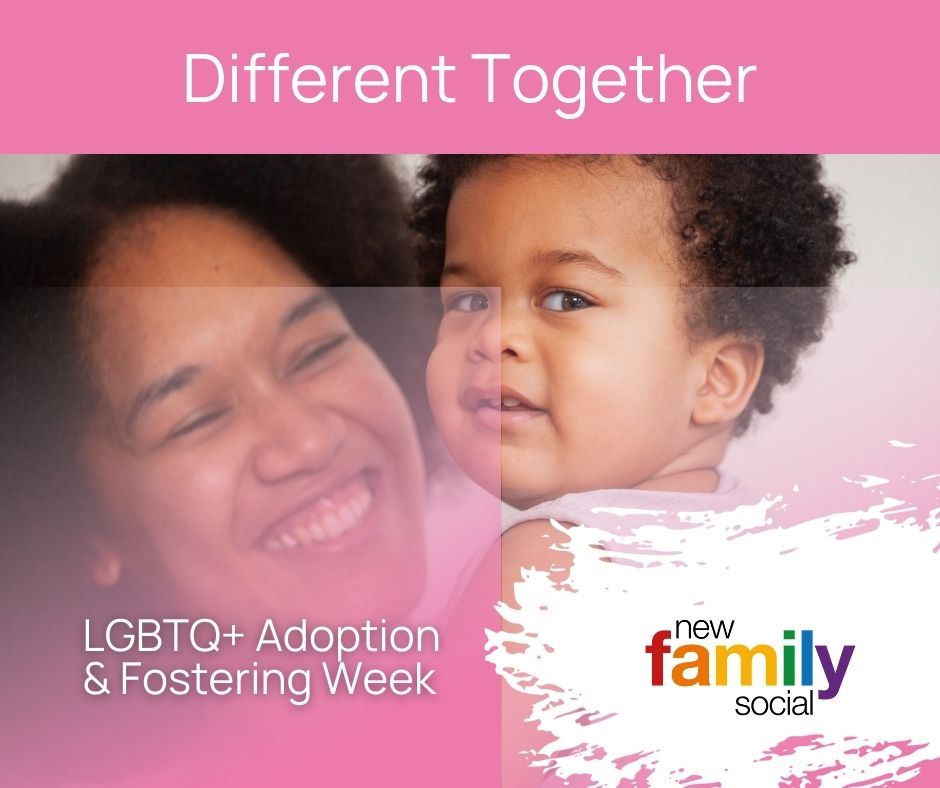 Strong & happy LGBTQ+ adoptive & foster families |
For you to adopt / foster? |
|
|
Looking to provide better services to LGBTQ+ applicants? Look no further |
Foster agencies from across the UK now work with us. Find out why. |
Agencies increasingly turn to LGBTQ+ applicants. What are your options? |
There's support from LGBTQ+ friendly agencies in every UK country. |
Upcoming eventsEvents are shown depending on your membership level. |
 Is it the right time
Is it the right time



.png)




.jpg)
.jpg)